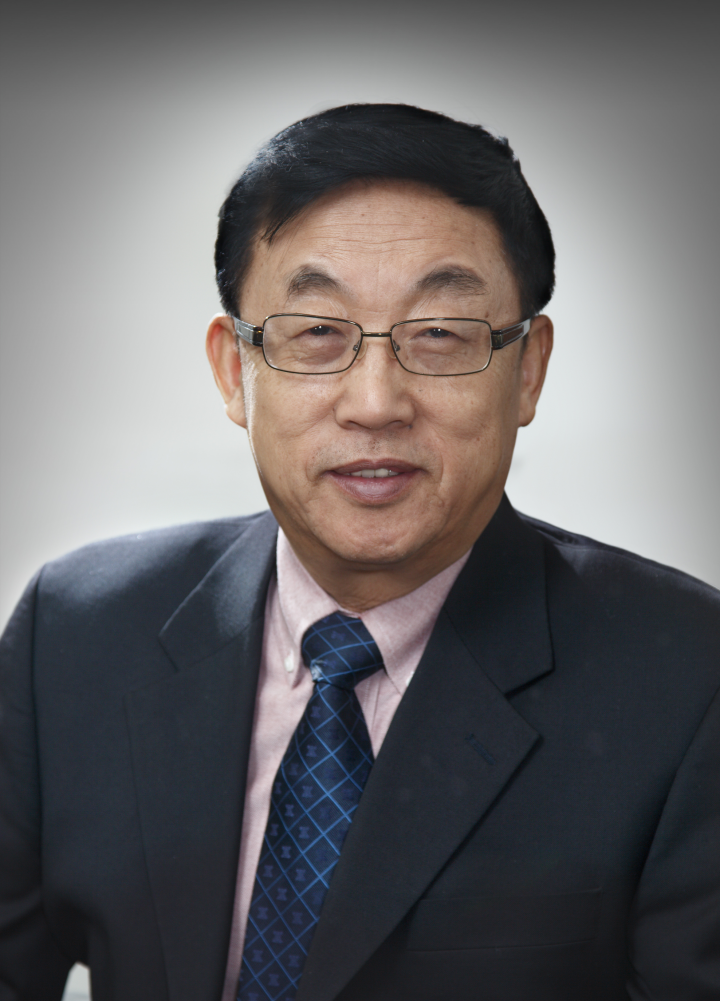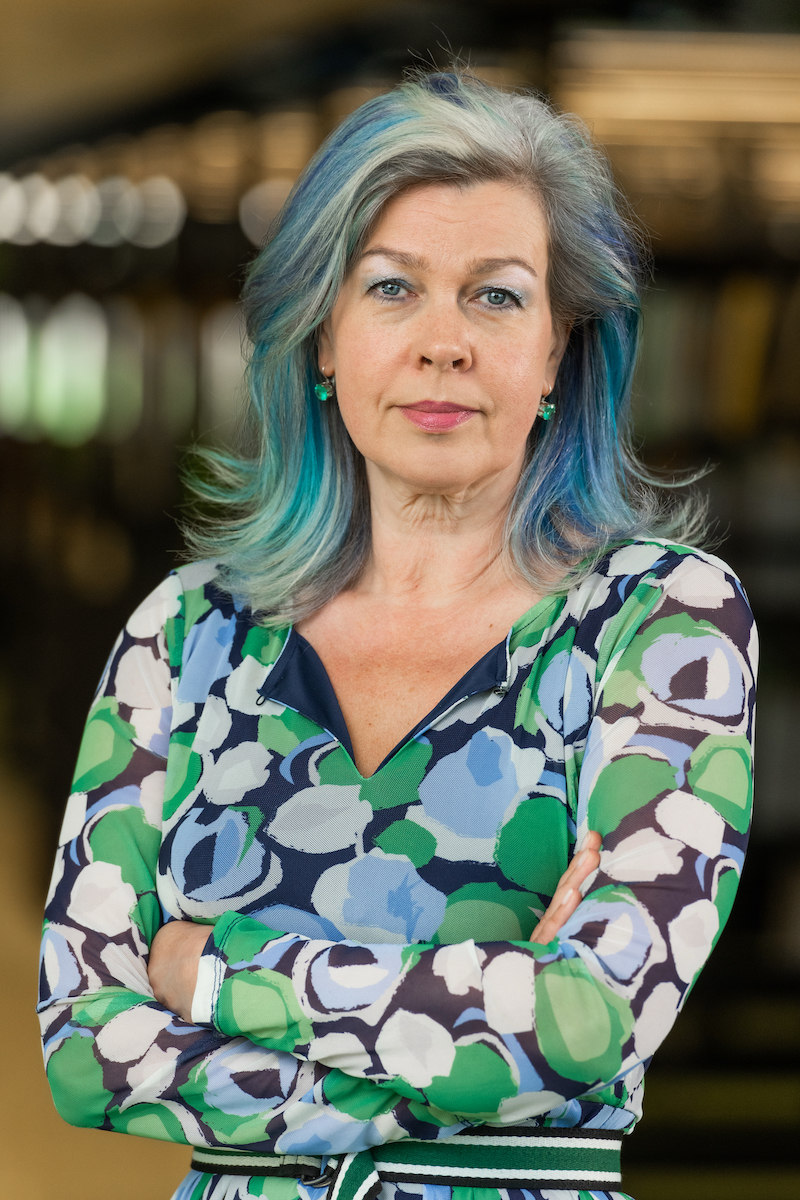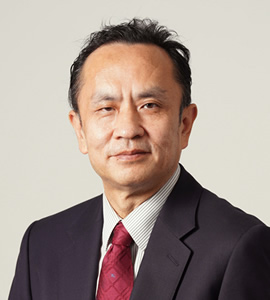
Imperial College of London, UK
Longitude
The Longitude problem, and its solution by Harrison, are briefly discussed to highlight the role of coordinates, geometry, interconnection and energy in the solution of complex problems. These are in turn used to define moments and phasors for nonlinear systems and circuits; to discuss the role of interconnection in model reduction and network systems; and to provide a solution to the optimal nonlinear filtering problem. Future perspectives and directions in the areas of constrained optimal control, modelling and control of dynamics sets, and multimedia are also discussed.
Alessandro Astolfi (Fellow, IEEE) graduated in electronic engineering from the University of Rome in 1991. In 1992 he joined ETH-Zurich where he obtained a M.Sc. in Information Theory in 1995 and the Ph.D. degree with Medal of Honor in 1995 with a thesis on discontinuous stabilization of nonholonomic systems. In 1996 he was awarded a Ph.D. from the University of Rome "La Sapienza" for his work on nonlinear robust control. Since 1996 he has been with the Electrical and Electronic Engineering Department of Imperial College London, London (UK), where he is currently Professor of Nonlinear Control Theory and College Consul for the Faculty of Engineering and Business School. From 2010 to 2022 he served as Head of the Control and Power Group at Imperial College London and from 1998 to 2003 he was an Associate Professor at the Dept. of Electronics and Information of the Politecnico of Milano. Since 2005 he has also been a Professor at Dipartimento di Ingegneria Civile e Ingegneria Informatica, University of Rome Tor Vergata.
His research interests are focused on mathematical control theory and control applications, with special emphasis for the problems of discontinuous stabilization, robust and adaptive control, observer design and model reduction. He is the author of over 180 journal papers; 30 book chapters; and over 270 papers in refereed conference proceedings. He is the author (with D. Karagiannis and R. Ortega) of the monograph "Nonlinear and Adaptive Control with Applications" (Springer-Verlag).
He is the recipient of the IEEE CSS A. Ruberti Young Researcher Prize (2007), the IEEE RAS Googol Best New Application Paper Award (2009), the IEEE CSS George S. Axelby Outstanding Paper Award (2012), the Automatica Best Paper Award (2017), and the IEEE Trans, on Control Systems Technology Best Paper Award (2023).
He is a "Distinguished Member" of the IEEE CSS, IEEE Fellow, IFAC Fellow and Member of the Academia Europaea. He served as Associate Editor for Automatica, Systems and Control Letters, the IEEE Trans. on Automatic Control, the International Journal of Control, the European Journal of Control and the Journal of the Franklin Institute; as Area Editor for the Int. J. of Adaptive Control and Signal Processing; as Senior Editor for the IEEE Trans. on Automatic Control; and as Editor-in Chief for the European Journal of Control. He is currently Editor-in-Chief of the IEEE Trans. on Automatic Control (2018–). He served as Chair of the IEEE CSS Conference Editorial Board (2010-2017) and in the IPC of several international conferences. He has served as Chair of the IEEE CSS Antonio Ruberti Young Researcher Prize (2015-2021); he is Vice Chair of the IFAC Technical Board (2020-2023) and he has been/is a Member of the IEEE Fellow Committee (2016), (2019-2022). He is currently a member of the IEEE PSPB Strategic Planning Committee and of the IEEE Fellow Nomination & Appointment Committee.

Northeastern University, China
Intelligent Decision and Control Integrating System Based on End-edge-cloud Collaboration
To address the challenges in operation optimization decision and control of complex industrial system, this talk proposes the design method of intelligent optimal decision and control integrating system of complex industrial process. The design method of the system combines control and optimization with prediction, mechanism analysis with deep learning, and digital twin with reinforcement learning, realizing the self-adaption, self-learning, and self-optimization of the system.
Tianyou Chai received the Ph.D. degree in control theory and engineering in 1985 from Northeastern University, Shenyang, China, where he became a Professor in 1988. He is the founder and Director of the Center of Automation, which became a National Engineering and Technology Research Center and a State Key Laboratory. He is a member of Chinese Academy of Engineering, IFAC Fellow and IEEE Fellow. He has served as director of Department of Information Science of National Natural Science Foundation of China from 2010 to 2018.
His current research interests include modeling, control, optimization and integrated automation and intelligence of complex industrial processes.
He has published 356 peer reviewed international journal papers. His paper titled Hybrid intelligent control for optimal operation of shaft furnace roasting process was selected as one of three best papers for the Control Engineering Practice Paper Prize for 2011-2013. He has developed control technologies with applications to various industrial processes. For his contributions, he has won 5 prestigious awards of National Natural Science, National Science and Technology Progress and National Technological Innovation, the 2007 Industry Award for Excellence in Transitional Control Research from IEEE Multiple-conference on Systems and Control, and the 2017 Wook Hyun Kwon Education Award from Asian Control Association.

Tallinn Technical University, Estonia
Shallow Waters, Deep Problems: Challenges of Controlling Underwater Robots in the Shallows
Underwater robotics has traditionally focused on deep-sea exploration using large, heavy vehicles. In contrast, near-surface and shallow-water environments remain relatively underexplored — not due to lack of interest, but because of the unique challenges they present. This talk will explore why operating in shallow water is often more difficult than going deep. Using the example of U-CAT, a highly maneuverable, overactuated, fin-propelled prototype robot, I will demonstrate how underwater robots can be designed to be agile, robust, and fault-tolerant in these complex and disturbance-rich environments.
Maarja Kruusmaa is a professor of Biorobotics in Tallinn University of Technology (TalTech) leading a research group of bio-inspired underwater technologies. She investigates how to gain flow information (e.g. currents, turbulence) in natural field conditions and how to use this information for navigating robots. She also works on novel actuation and control methods for underwater robot and robots for low-yield environments.

The Chinese University of Hong Kong, China
AI-empowered Robot Perception and Manipulation
The rapid development of AI, in particular embodied AI, present a lot of opportunity for robotics research and applications. In this talk, we will introduce our on-going research efforts on AI-empowered robots with the aim of developing AI technologies for perception, robot motion planning, manipulation and control of robots. The topics to be covered include AI-powered 3D perception, LLM-driven robot planning and control, robot skill learning, AI-powered robot manipulation, etc. Applications of the technologies in logistics robots and surgical automation will be demonstrated as well.
Yun-hui Liu received B. Eng. degree in Applied Dynamics from Beijing Institute of Technology, M. Eng. degree in Mechanical Engineering from Osaka University, and Ph.D. degree in Applied Mathematics from the University of Tokyo. After working at the national Electrotechnical Laboratory of Japan as a Research Scientist, he joined The Chinese University of Hong Kong (CUHK) and is currently a Choh-Ming Li Professor of Mechanical and Automation Engineering, the Director of the CUHK T Stone Robotics Institute, and the Director/CEO of Hong Kong Centre for Logistics Robotics funded by the InnoHK clusters of the HKSAR government. He has published more than 500 papers in refereed journals and conference proceedings and was listed in the Highly Cited Authors (Engineering) by Thomson Reuters.
His research interests include vision-based robotics, machine intelligence and their applications in manufacturing, logistics, healthcare and constructions. Prof. Liu has received numerous research awards from international journals and international conferences in robotics and automation, and from government agencies. In recent years, he has been actively transferring robotics technologies developed at university labs to industries, and co-founded VisionNav Robotics, CornerStone Robotics, etc. He was the Editor-in-Chief of Robotics and Biomimetics and served as an Associate Editor of the IEEE Transactions on Robotics and Automation. He is Fellow of IEEE, HKIE and HKAE.